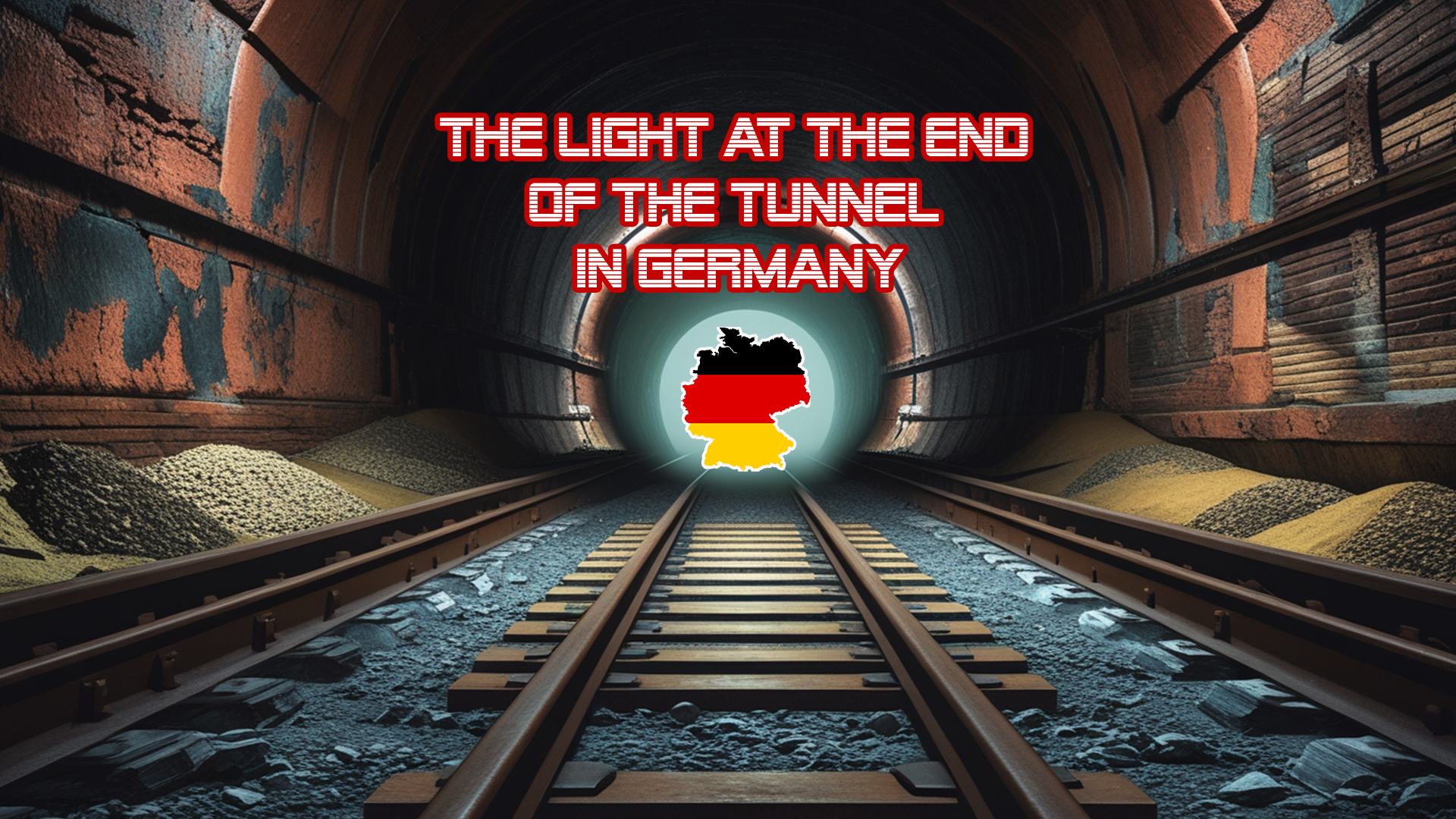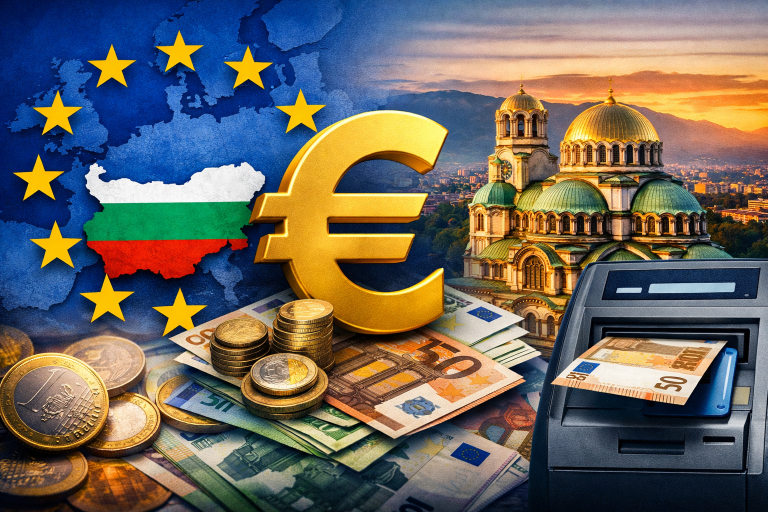
Coalition Chaos: Merz Faces Tough Negotiations After Election Victory
The German elections on February 23, 2025, have brought about a dramatic political shift of power. The center-right Christian Democratic Union (CDU), led by Friedrich Merz, emerged victorious, igniting debates about Germany’s future political path. The center-right Alternative for Germany (AfD) has also made significant gains, positioning itself as a major political force in the Bundestag.
Key election results
CDU/CSU win: The CDU/CSU bloc secured a decisive victory, with nearly 29% of the vote, giving it the mandate to form a government. This result represents a notable turnaround from previous elections, indicating a voter shift toward traditional conservatism and a rejection of the outgoing socialist-communist coalition’s policies on energy and migration.
The AfD’s unprecedented rise: The AfD doubled its support to 20.8%, becoming the second-largest party in the Bundestag. This rise reflects growing discontent with traditional left-wing parties, particularly communist-leaning ones and their handling of pressing issues.
The SPD’s devastating defeat: The Social Democratic Party (SPD), led by Olaf Scholz, suffered a major setback, securing only 16.4% of the vote, the lowest in its history. This defeat raises questions about the future of the party and its appeal to voters seeking to avoid socialist policies in Germany.
Implications for Germany
The election results suggest a fundamental shift in Germany’s political landscape. The CDU victory, coupled with the rise of the AfD, points to a possible re-ordering of political priorities, with a focus on national sovereignty, economic resilience, and a tougher stance on immigration. Merz now faces the task of forming a coalition, which is likely to require talks with smaller parties like the Greens, as the CDU has ruled out collaboration with the AfD.
These results have broader significance for Europe, given Germany’s key role in European affairs. The AfD’s success could inspire similar movements across the continent, challenging the dominance of traditional left and communist parties and raising concerns about the future of the European Union.
As Germany enters a new political era, the results of the February 23 election will influence the country’s policies and its role in global affairs. The electorate’s shift toward conservative and right-wing ideologies reflects broader European trends, where socialist and communist parties are losing ground to more pragmatic movements. The coming months will be crucial as Merz navigates coalition negotiations and addresses critical challenges left by the previous administration.





